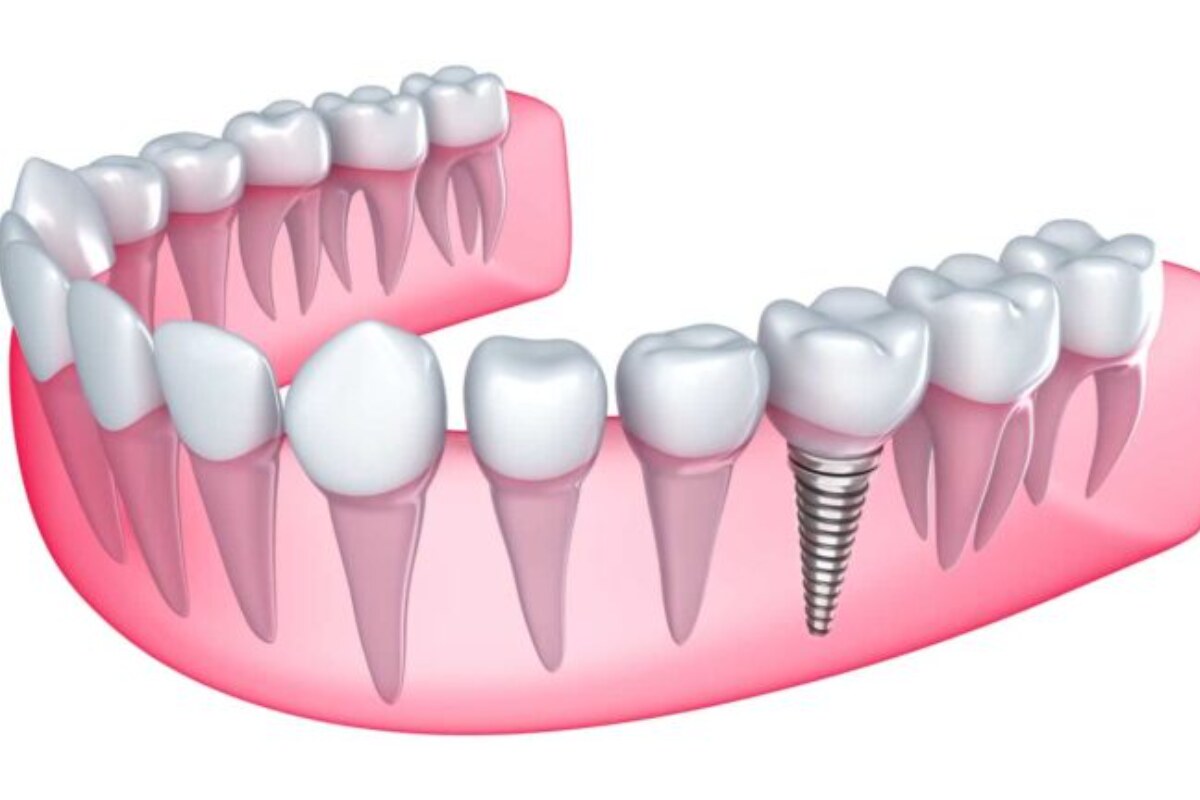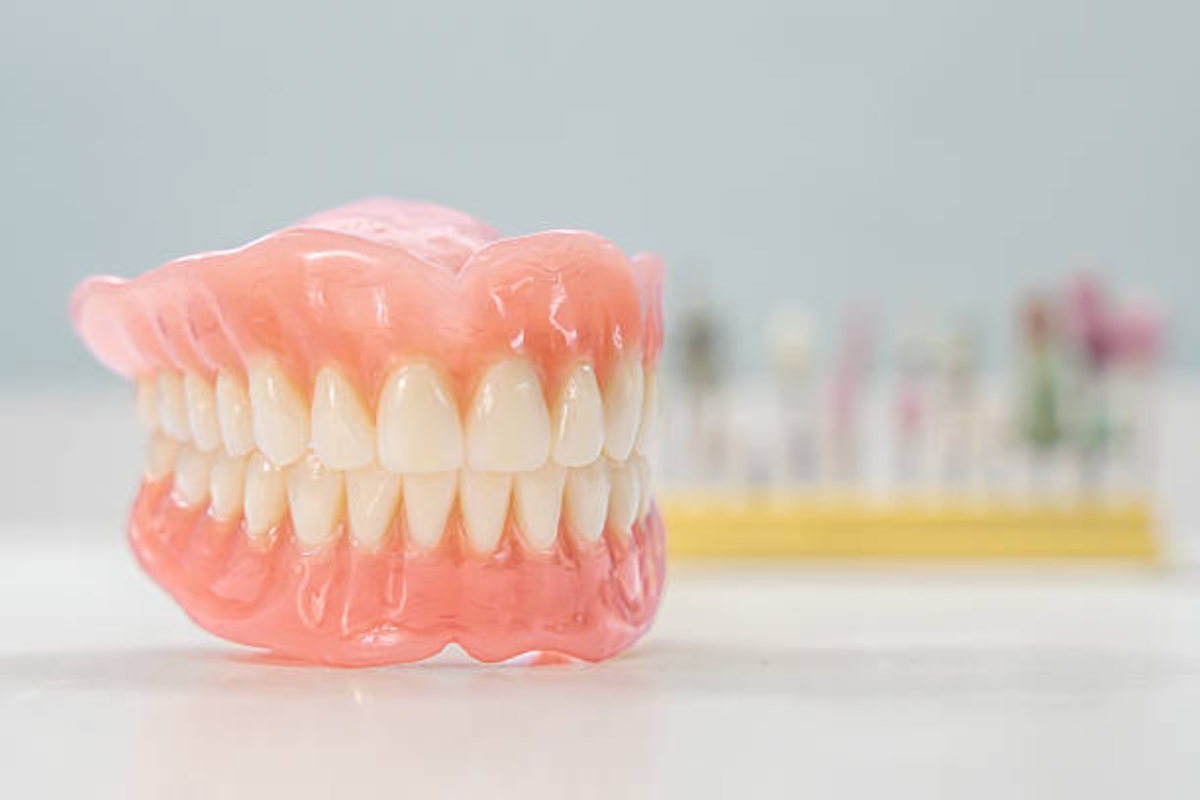Hot, summer days always call for a refreshing favorite: ice cream! Ice cream is an especially enjoyable dessert, until one big bite causes a painful tooth experience; ouch! If you have experienced this uncomfortable, sharp sensation when consuming something particularly hot or cold, you aren’t alone. Tooth sensitivity is one of the most common dental issues throughout the U.S., as almost 50% of the population suffer from it. Our team at Beavers Dentistry knows this condition is both painful and annoying, so we’re here to help. Read on for information about how your teeth become sensitive in the first place and what you can do to help ease the pain.
What Is Tooth Sensitivity?
Tooth sensitivity is a dental condition that causes discomfort or pain when your tooth/teeth come in contact with certain substances and temperatures. A common action that causes this discomfort is simply drinking really hot or cold drinks. In some instances, even things like sour food or cold air can also trigger this discomfort. Generally, the pain that results is sharp and sudden, but short-lived.
What Causes Tooth Sensitivity?
Your tooth is composed of three main sections. The hard, outermost layer is known as the enamel and is responsible for protecting the inner parts of your tooth. Directly underneath the enamel is your dentin, a soft tissue that contains thousands of microscopic tubes and channels that lead to your tooth’s pulp. The pulp is the innermost part of your tooth which contains thousands of nerves and blood vessels.
Tooth sensitivity occurs when your enamel becomes worn down or your gums begin receding, consequently exposing your dentin. When your dentin is then exposed to certain elements, the microscopic tubes within your dentin allow the heat, cold, or acidic substances that you are consuming to reach the highly sensitive nerves inside your tooth’s pulp, causing sharp pain or discomfort.
So, how does your enamel become worn down? Here are a few factors that may contribute to this issue:
- Brushing too hard
- Eating an excessive amount of acidic food
- Teeth grinding or clenching
- Long-term use of mouthwash
- Plaque buildup
- Excessive bleaching or teeth whitening treatments
What Can I Do to Help My Tooth Sensitivity?
Fortunately, the symptoms of tooth sensitivity can be reduced through several different methods. Some general suggestions are:
- Use desensitizing toothpaste. There are several brands of toothpaste in stores that are designed to help sensitive teeth. Try using a toothpaste that contains potassium nitrate, which helps to block the microscopic tubes within your dentin, or fluoride, which strengthens your enamel. Ask your dentist for a recommendation, or simply visit your local drug store.
- Avoid highly acidic foods and drinks. Highly acidic foods attack your enamel, especially when the acid is allowed to sit on your teeth for a long period of time. Damage to your enamel is irreversible, so do yourself a huge favor and limit the acidic foods and beverages.
- Avoid teeth grinding. Grinding your teeth slowly deteriorates your enamel. If necessary, use a mouth guard to prevent further damage.
- Use a fluoridated mouthwash. As mentioned before, fluoride strengthens your enamel, so a fluoridated mouthwash will help to repair your enamel.
If these general methods don’t seem to work, try some of these dental procedures instead:
- Fluoride gel or varnish. Your dentist can apply a fluoride gel or varnish directly on the sensitive tooth to serve as a barrier. This strengthens your enamel and also reduces pain.
- Dental bonding, crowns, or inlays. These methods can repair a damaged or flawed part of your tooth that is causing the sensitivity.
- Surgical gum graft. If your gums have receded, a gum graft can restore the receding gums, protecting your tooth’s roots and dentin.
- Root canal. If nothing else works, a root canal can help ease the symptoms of tooth sensitivity.
Our Cary Dentist Office Can Treat Your Tooth Sensitivity Today!
Tooth sensitivity can not only be uncomfortable, but also a huge hassle. Fortunately, our team at Beavers Dentistry can help quickly relieve the painful symptoms of tooth sensitivity through a variety of safe and effective methods. Call us today at (919) 467-0654 or schedule your appointment online!






